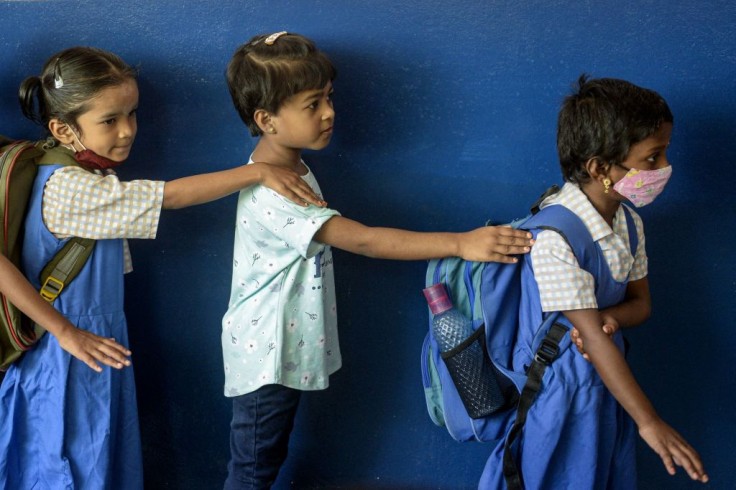
The majority of people don't have many memories from the first three to four years of their lives. Most tend to remember very little of their life before seven. When people try to think back to their earliest memories, their outcome is often unclear and will make them question if it was a real experience or just recollections based on photos they have seen or stories told by others.
Childhood Amnesia is the incapacity of human adults to retain episodic experiences that happened during the first few years of their lives (usually 0-3 years) and the tendency to have a sparse recollection of episodic experiences that occurred before the age of 10, according to National Library of Medicine.
Memory milestones from birth to adulthood
Childhood amnesia has been puzzling psychologists for more than a century. Every person goes through memory milestones from birth to adulthood. At birth 1, a person can remember events for only a short span, with the length of time gradually increasing. Stage 1-2 is when a person can recall events for longer periods; stage 2-3 is when the memory of facts and events advances; stage 4-7 is for remembering things to do in the future; while recall of facts and recall spatial relationships are both included in 8-10 years. The ability to consciously suppress long-term memories improves by 10-12 years. The last stage, 13-21 years, is when prospective memory and working memory improve.
The aforementioned memory milestones from birth to adulthood are stated in The University of Queensland, Australia.
The journey of a child
At first, the reason for an inability to remember being babies might seem that infants and toddlers have not fully developed their memory yet; hence, babies that are already six months can establish both short-term memories that usually last for minutes and long-term memories that last weeks, if not months.
According to some studies, six-months-old who mastered pressing a lever to operate a toy train recall the steps to perform this action for two to three weeks following the last time they had seen the toy.
Long-term memories that occur at an early age are autobiographical, even though such relevant events are personal and happen in a specific time and place.
The loss of one's memories is not affiliated with any traumas a person has experienced. Sigmund Freud, the founder of Psychoanalysis, was the one who first connect childhood trauma with repressed memories. Such an idea started to gather steam in the 1990s when numerous therapists recommended trusted sources a link between the unexplained mental health symptoms and the abuses forgotten during childhood, Greater Good Magazine stated in a report.
Memory capabilities at such ages are not similar to adults as they continue to develop and mature until adolescence. Developmental adjustments continue to change in the process of basic memory and have been put forward as an explanation for the phenomenon, Childhood Amnesia.
Related Article : Family Vacations Have Long-Lasting Impact on Kids' Happiness